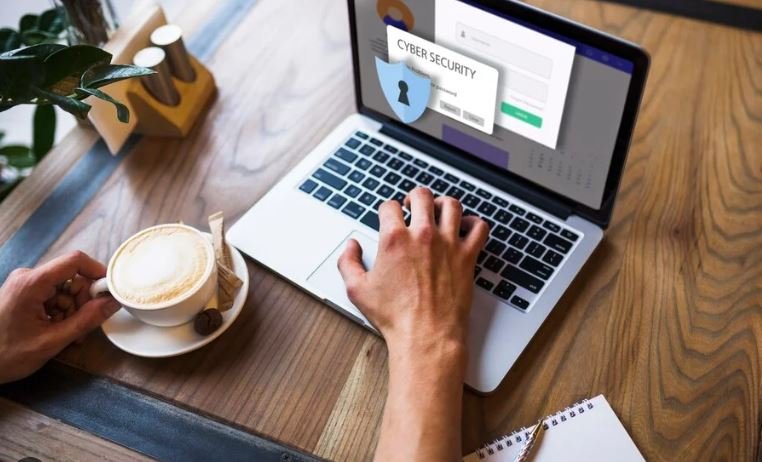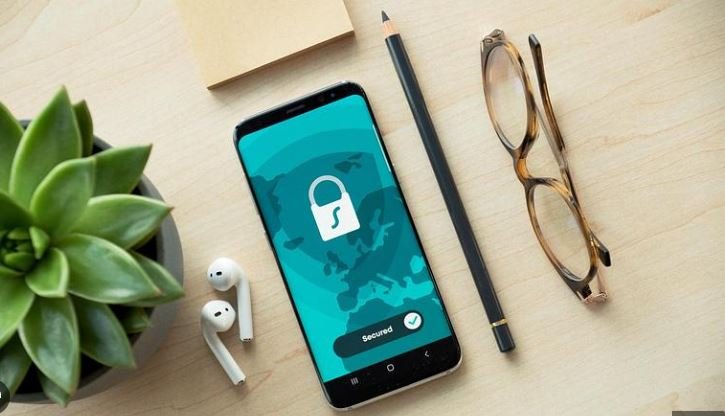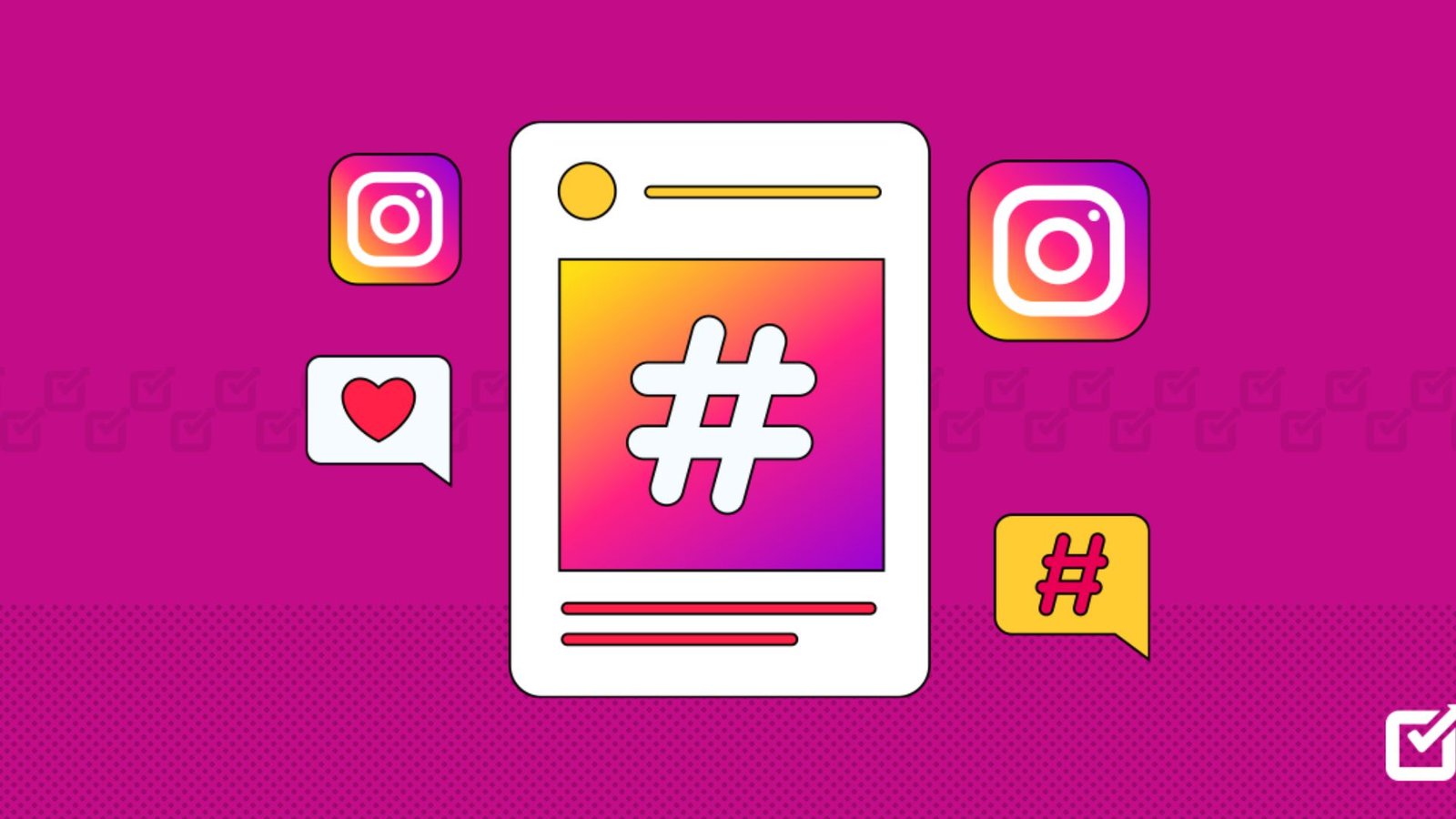In today’s digital age, balancing authenticity and privacy online is a challenge many individuals face. Authenticity allows you to connect with your audience on a deeper level by being transparent and genuine. It helps build trust and fosters stronger relationships, whether you’re a personal brand, influencer, or business. However, sharing too much can compromise your privacy. Finding that balance between being authentic while protecting your personal information is key to maintaining a healthy online presence.

Protecting Your Personal Information
Protecting personal information online is crucial for maintaining privacy. It’s easy to get caught up in the excitement of sharing life updates, but oversharing can expose you to risks such as identity theft or privacy invasion. Be mindful of the details you share, such as your home address, travel plans, or financial information. Regularly review your privacy settings on social media platforms to ensure only trusted individuals have access to sensitive information. Taking these precautions allows you to share your authentic self without compromising security.
Sharing Selectively
You can achieve authenticity online without revealing every aspect of your life. Selective sharing allows you to maintain privacy while still engaging with your audience. Instead of sharing intimate details, focus on content that aligns with your personal or professional brand. Whether it’s discussing your passions, values, or experiences, you can remain genuine without overexposing yourself. Curating your content thoughtfully strikes the right balance between openness and protection.
Using Different Platforms for Different Purposes
One effective way to balance authenticity and privacy is by using different platforms for different purposes. You might use LinkedIn for professional connections and Instagram for more personal content. This separation allows you to tailor your level of authenticity and privacy depending on the platform. On more public platforms, you can choose to share less personal information, while on private platforms, you may feel comfortable sharing more. Segmenting your online presence helps you manage both your brand and your privacy effectively.
Being Mindful of Your Digital Footprint
Everything you post online contributes to your digital footprint, which can be difficult to erase. It’s important to consider the long-term impact of your online activities. Before posting, ask yourself if the content aligns with your values and whether you’re comfortable with it being permanently accessible. Practicing mindfulness in your online interactions ensures that you remain authentic without jeopardizing your future privacy. Remember, what you share today may resurface years down the line.
Setting Boundaries with Your Audience
Setting boundaries with your online audience is essential for protecting your privacy while maintaining authenticity. While it’s important to be relatable, you don’t have to share every detail of your life. Establish clear boundaries about what you’re comfortable sharing and stick to them. For example, you might choose to keep certain aspects of your personal life private or limit the amount of personal information you disclose. Communicating these boundaries to your audience helps manage expectations and keeps your privacy intact.
Creating a Personal Privacy Policy
Developing your own personal privacy policy can guide your online sharing habits. This policy could include rules such as not sharing certain types of information, using pseudonyms or initials instead of full names, or setting limits on the frequency and detail of personal posts. Having a clear set of guidelines for yourself ensures that you remain consistent in balancing authenticity with privacy. Over time, this practice becomes second nature, allowing you to navigate the online world with confidence.
Monitoring the Impact on Mental Health
Balancing authenticity and privacy online can have an impact on your mental health. The pressure to be open and share your life with others can sometimes lead to feelings of vulnerability or anxiety. On the other hand, being overly guarded might make you feel disconnected from your audience. It’s important to regularly assess how your online presence is affecting your mental well-being. If you find that the balance is tipping in one direction, take steps to realign your approach, ensuring that both your authenticity and privacy contribute positively to your overall mental health.
Conclusion
Balancing authenticity and privacy online is a delicate act that requires careful consideration. By protecting your personal information, sharing selectively, and setting boundaries, you can maintain both your authenticity and your privacy. Using different platforms for different purposes, being mindful of your digital footprint, and monitoring the impact on your mental health are all essential strategies for a healthy online presence. Finding this balance allows you to stay true to yourself while safeguarding your personal life.




